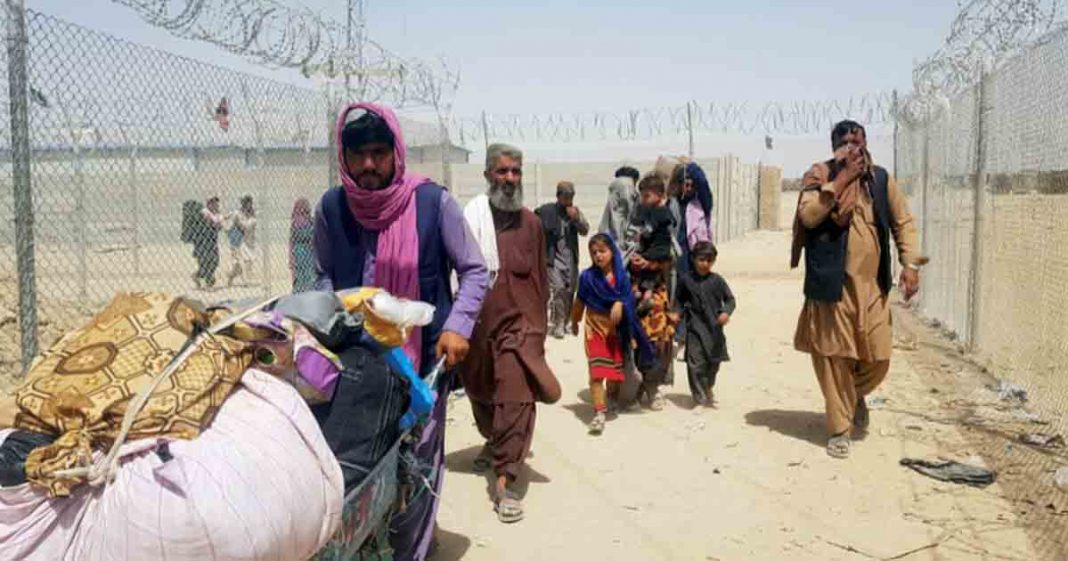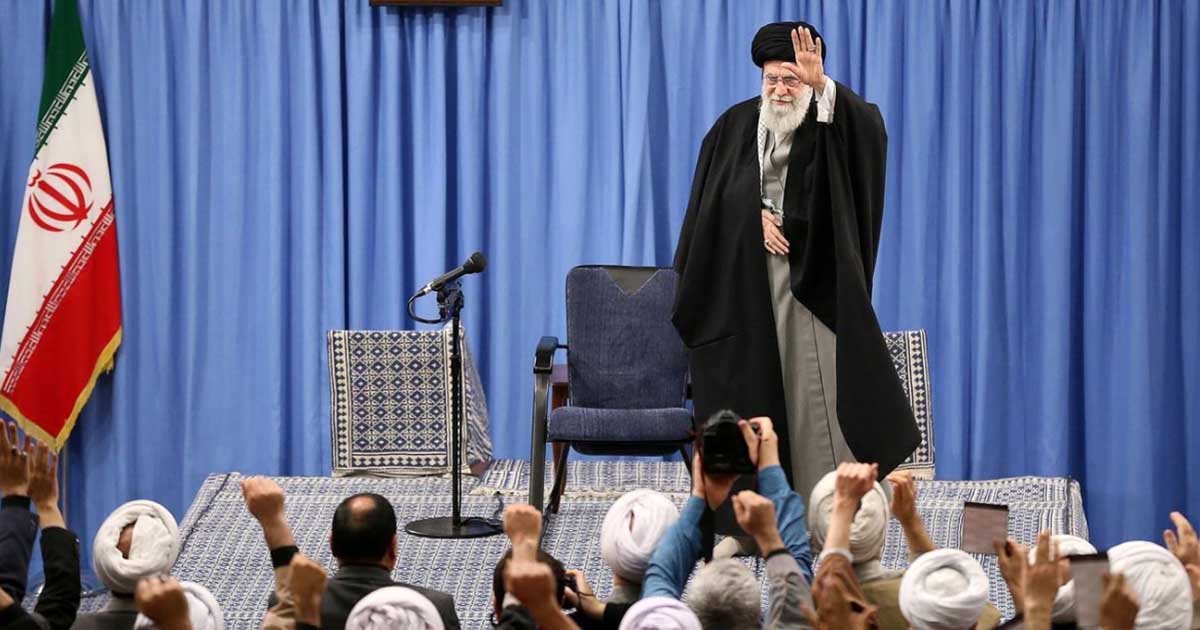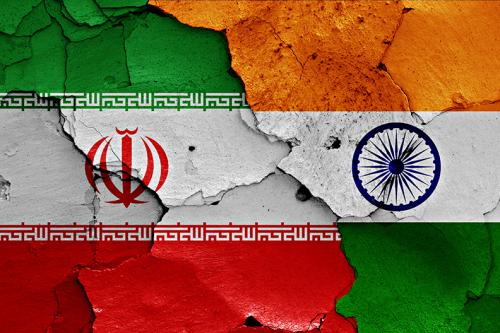In Afghanistan, the chaotic US withdrawal, the collapse of the western-backed administration, the takeover of Kabul by the Taliban, and an uncertain future that lies ahead marked the year 2021. Afghanistan has been under the rule of the Taliban leadership for four months now and the country is on the verge of an economic breakdown and a humanitarian disaster.
When the Taliban assumed power, Afghanistan was already one of the poorest countries on the planet with the economic situation exacerbated last year by Covid-19 and a severe drought that began in late 2020.
A country — where approximately 75 percent of the population draws its income from agriculture — was hit hard with a dismal crop production resulting from an interplay of war and drought. Drought has claimed 40 percent of crops this year, and wheat prices have risen by 25 percent in recent months, estimates the World Food Programme.
Read more: China, Afghanistan hold meeting on BRI
Afghanistan’s main source of revenue, after agriculture, is foreign aid
While the United States has left Afghanistan, it has frozen the Afghan financial assets worth $9.5 billion and crippled its banking system due to tight restrictions, constraining in turn, the Taliban from paying its public employees and delivering essential services and goods like health care, medications, fuel, and food to millions of Afghans.
Furthermore, to ensure liquidity, banks have restricted weekly transactions, impacting Afghanistan’s private businesses, marketplaces, and ordinary citizens. In consequence, families are selling their possessions and forcing their daughters into marriage to make ends meet.
According to the UNDP, by mid-2022, about 97 percent of the country’s population would be at the risk of sinking below the poverty line. Meanwhile, as per the World Food Programme (WFP) “out of 41 million people, 23 million are marching towards starvation. And out of that, about 9 million are on famine’s door as we speak. It is hell on earth.
Given such dire prospects, the OIC conference in Islamabad aptly agreed to set up a Humanitarian Trust Fund and Food Security Programme. Nonetheless, member States — except Saudi Arabia (pledging $265 million) and Pakistan (already announced $30 million earlier) — could not pledge financial assistance for Afghanistan. Moreover, the Fund would operate no earlier than March 2022. Meaning, other intergovernmental organizations such as the UN, and powerful countries, particularly the US, will have to come forward to avert the impending humanitarian catastrophe in Afghanistan.
Read more: NLC kicks off wheat transportation to Afghanistan
Although the Biden administration has softened its position slightly by allowing the World Bank to release $280m out of the $1.5 billion frozen funds to the WFP and UNICEF.
However, it is only a small percentage of the total
Likewise, the UN Security Council adopted a US-backed resolution, excepting humanitarian engagements like payments and delivery of goods and services from UN restrictions for a year and requiring updates to guarantee that the aid does not end up in the Taliban’s hands.
Concurrently, faced with mounting pressure to prevent a humanitarian and economic disaster in Afghanistan, the Treasury Department approved licenses, allowing money to flow for food, medicine, shelter, as well as the payment of remittances to the unsanctioned Afghans. Foreign banks and governments were also assured that they would not be prosecuted if they engaged in similar operations.
However, officials and activists say that sanctions relief may not be enough to save the country from “shocking need and suffering,” as described by the UN humanitarian chief Martin Griffiths on Wednesday.
Regarding the release of Afghan assets, White House press secretary Jen Psaki stated that those funds remain “inaccessible” to the administration, in part due to sanctions against the Taliban, but also because those funds are being sued by the 9/11 victims, adding “these legal proceedings cannot be disregarded and have led to the temporary suspension of any movement of the funds through at least the end of the year and quite possibly longer.”
To address Afghanistan’s humanitarian and economic catastrophe, the UN is seeking an $8 billion worth of aid package. However, more than the dearth of food, it is the absence of work prospects and business opportunities that are creating difficulties for the Afghan people.
Read more: Afghanistan imbroglio needs immediate attention lest it’s too late
If sanctions and the rising poverty continue, its implications would be both regional and global.
First, the highly active Islamic State Khorasan (IS-K), for instance, might topple the struggling Taliban government, renewing the worry of Afghanistan becoming a refuge for global terrorist networks. Against this backdrop, China, Russia, and other regional States have urged for dialogue with the Taliban.
Second, concerns about drug trafficking and the country’s rapid descent into cash flows through the Hawala system — that is linked to illegal activities — to survive, have also fueled.
In her latest report, the UN special envoy for Afghanistan has voiced out her grave concerns that the “paralysis of the banking sector will only help facilitate terrorism, trafficking, and further drug smuggling.”
Third and finally, reports that deteriorating economic situation along with high starvation rate can displace a large number of Afghans externally are even more harrowing. Earlier, the UNHCR warned of an Afghan refugee crisis. Many of these Afghans would likely turn to neighbors like Pakistan and Iran that have been home to millions of Afghan refugees already.
Read more: Pakistan’s medical and humanitarian assistance to Afghanistan
While the global community is correct in advocating for the need for a broad-based Afghan government and human rights protection (essentially for women and girls), however, the only way to prevent the impending economic and humanitarian collapse of Afghanistan is for the international community to move beyond its selective engagement with the Taliban that primarily focuses on issues related to evacuation and humanitarian aid, and engage in a rather deeper political dialogue with the new administration, wherein both sides seek to bridge the gap between what the international community expects and requires from the Taliban and what the Taliban are willing and capable of delivering.
The author is currently serving as an intern scholar at the Eurasian Century Institute (ECI), Islamabad-Pakistan. She tweets at @AftabPalwasha and can be reached at palwashaaftab47@gmail.com. The views expressed in the article are the author’s own and do not necessarily reflect the editorial policy of Global Village Space.














